Category: Plants & Medicine
-
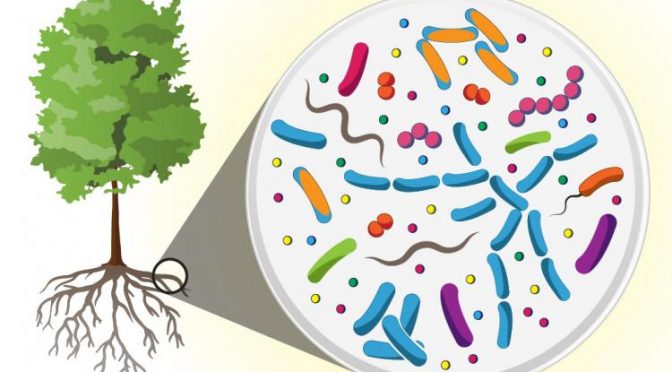
Trees’ Soil Microbial Community May Hold Untold Medical Promise
Communities of microbes living in and around poplar tree roots are ten times more diverse than the human microbiome and produce a cornucopia of novel molecules that could be useful as antibiotics, anti-cancer drugs, or for agricultural applications. The study marks the first deep look at gene clusters in the Populus microbiome that code for…
-
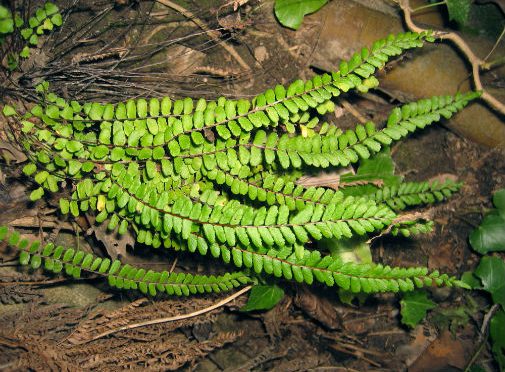
Thousand-Year-Old Skeleton Reveals Medieval Herbal Use Of Ferns
“Through analysis of the dental calculus of the skeleton, which we believe dates back to the ninth or 10th century, we were able to determine that the cells were from fern plant, asplenium trichomanes, a common species that grows in rocky areas worldwide. These ferns have been used by herbalists, surgeons, doctors, and other healers…
-
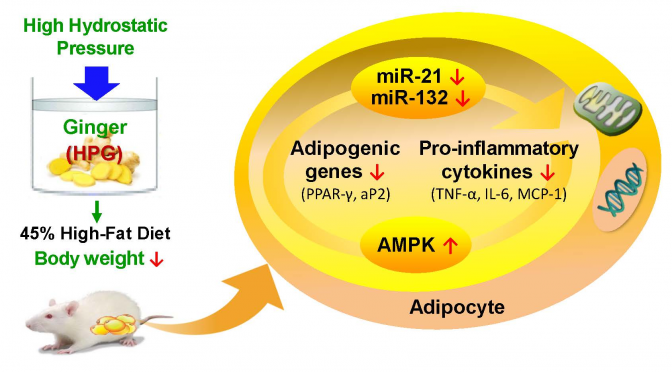
The Path To Health After A High Fat Diet? Ginger
Significant reduction of body weight in the HPG group was observed at 5 weeks after beginning the HPG diet. The total fat mass containing epididymal and perirenal adipose tissue was lower in the HPG group than that in the HF group. These results suggested that HPG efficiently inhibited body weight gain in HF diet-fed rats.…
-
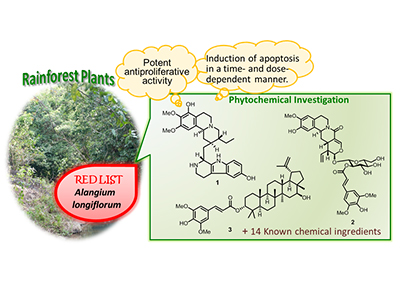
Almost Too Late? Endangered Tropical Plant Found To Have Valuable Human Tumor-Fighting Chemicals
The rainforest plant Alangium longiflorum Merr. (Cornaceae) is threatened with extinction and currently on the Red List of Threatened Species created by the International Union for Conservation of Nature and Natural Resources (IUCN). A crude organic extract from the leaves of A. longiflorum displayed broad cytotoxicity with more specific antiproliferative effects against the growth of…
-
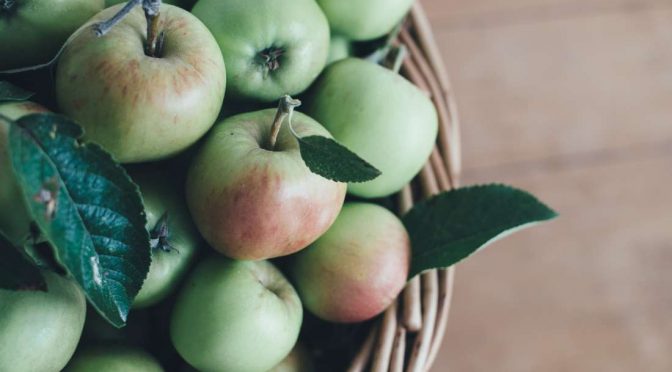
Who’d Have Thought? Apples May Actually Be The Key To Healthier Aging?
“These results suggest,” points out Prof. Robbins, “that we can extend the period of health, termed healthspan, even towards the end of life.”However, he adds that this is just the first step of a much longer research journey, noting, “[T]here are still many questions to address, including the right dosage, for example.” (Click on title…
-
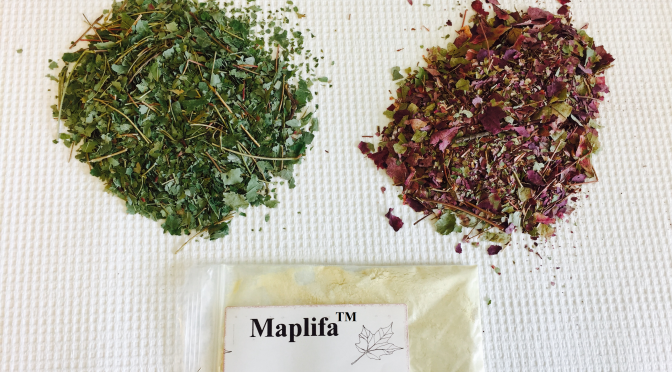
Serum Form Maple Leaves May Prevent Wrinkles
“You could imagine that these extracts might tighten up human skin like a plant-based Botox®, though they would be a topical application, not an injected toxin,” (Click on title for full story.)
-
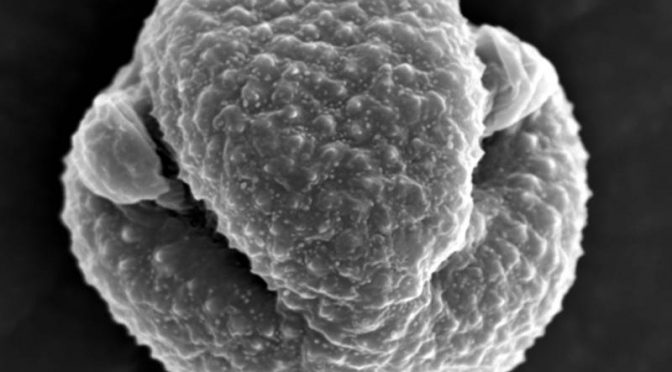
Asthma Sufferers: Bacteria That Can Trigger Attacks Hitchhikes On Plant Pollen
In the future, we will be able to indirectly use the pollen count to forecast very high levels of airborne endotoxin pollution. This will provide a useful warning for allergy and asthma sufferers,” (Click on title for full story.)
-
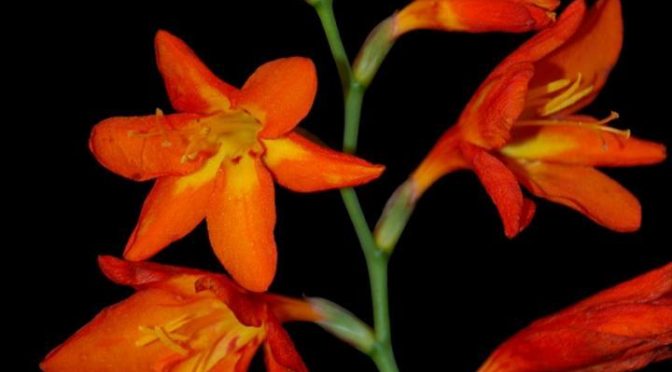
Could This Common Garden Flower Be The Answer To Type-2 Diabetes?
Ten years ago, in an effort to produce a diabetes drug that specifically inhibits HPA activity without having nasty side effects, scientists screened 30,000 extracts derived from plants and other organisms and found a single compound that fit the bill: montbretin A (MbA) from the bulb-like underground corms of the ornamental plant montbretia (Crocosmia x crocosmiiflora). Unfortunately,…
-
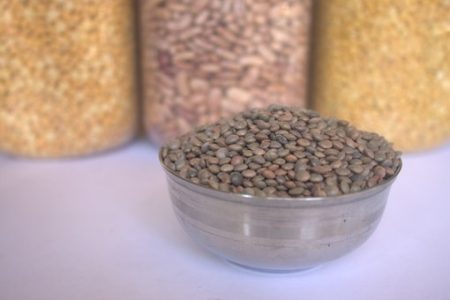
Taming Rice And Potatoes: Anti-Diabetes Super Food Is Lentils
Replacing half a serving of rice with lentils caused blood glucose to drop by up to 20 per cent. Replacing potatoes with lentils led to a 35-per-cent drop. (Click on title for full story.)
-
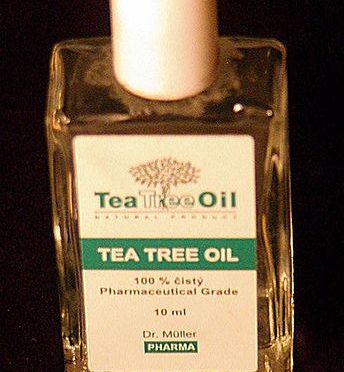
Science Turns To Plants’ Essential Oils To Fight Surgery-Related Infections
Even though synthetic antibiotics have been the best weapon for eradicating microbial infections since the arrival of penicillin, the overuse of these medications is gradually rendering them ineffective. Scientists think that if new strategies are not developed soon, medical treatments could retreat to the era where slight injuries and common infections develop into serious medical…
